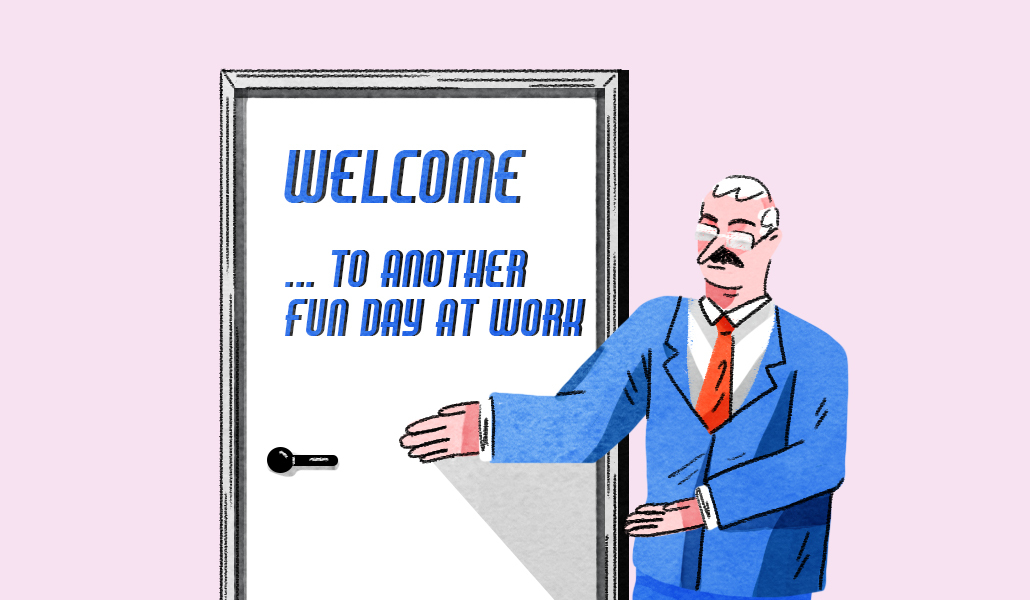
Clio Chang reporting in Curbed about Dae - about a new design shop and café that opened in Carroll Gardens this summer, an how they decided to ban influencers doing photo shoots:
How bad did it get? “People were coming in and literally doing photo shoots — they would just get one drink and stay for two hours shooting,” says Carol Song, the shop’s co-owner. While she’s grateful that people like the space, she’s seen influencers bring in Nikon cameras, set up tripods, and take photos of employees for their reels. Some people didn’t even order anything but snapped pictures of food and drinks on nearby tables. “It’s a free-for-all — no one’s regulating the TikTokers,” Song says, laughing.
While some businesses have leaned into the publicity that influencers bring them, Dae is taking a different approach. From conception, Song says she didn’t want an influencer-branded space: “I didn’t want to be a place where people just come and go for the trend.”
I am so proud of the owners. The whole point of a coffee shop is to break away from the everyday and meet new people and have intersting conversations. Lets hope more coffee shops adopt a similar stance.








